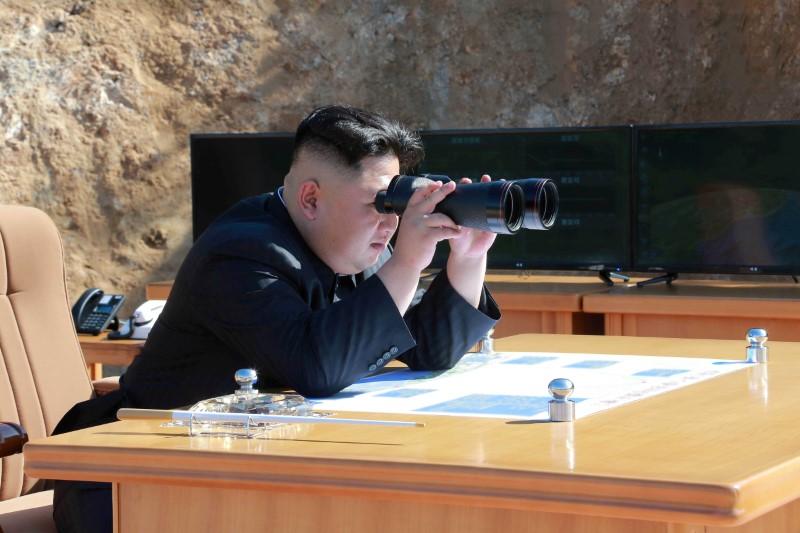On July 4, Kim Jong-un, known as “Kim 3,” followed in his father’s and grandfather’s footsteps by launching his twelfth rocket test and thus perpetuating a major world-security challenge.
Lord David Alton of Britain, an expert on North Korea, warned:[It] is caught in a time warp which [originated] in the armistice of 1953, designed to put a temporary halt to a war that claimed up to 3 million lives. Sixty years later… we now find ourselves on the edge of a nuclear winter…Miscalculation, rather than design, is capable of triggering a ‘Sarajevo’ moment, and with more than a million troops under arms and some 8,000 artillery pieces located within range of half the South’s population, this is not a moment for sending the wrong signals.
Alton also warns that the Kims have flouted numerous nuclear treaties and agreements, sold weapons to terrorists, helped Syria employ chemical weapons, and engaged in cyberwarfare, He judges that Kim 3 will not negotiate away his nuclear and missile programs.
Since becoming supreme leader in 2011, Kim 3 has condoned the executions of his uncle Jang Song-thaek in 2013 and his estranged half-brother Kim Jong-nam at an airport in Malaysia last February. The former had been “regent” during Kim 3’s childhood; the latter had criticized Kim 3’s rule. A “Juche”-imbued group now heads the Korean People’s Army (KPA) and Korean Worker’s Party (KWP) and is probably more dangerous than their predecessors.
Surprisingly, most people in the Democratic People’s Republic of Korea (DPRK) do not appear to be seeking an opportunity to rise up against their leadership. This may be because about 70 percent of them reportedly believe in “Juche,” the concept that suffering prepares them for the task of constructing “paradise on earth”.
The DPRK features a centrally planned economy and a form of governance modelled on Leninism, although Juche now appears to have broken somewhat with Marxism. Juche is described as a syncretic religion beginning as a nationalistic variant of Marxism-Leninism, akin to earlier “Ceaucescuism” in Romania or “Hoxaism” in Albania. It morphed into its present form in the mid-1960’s.





